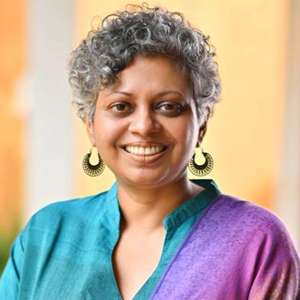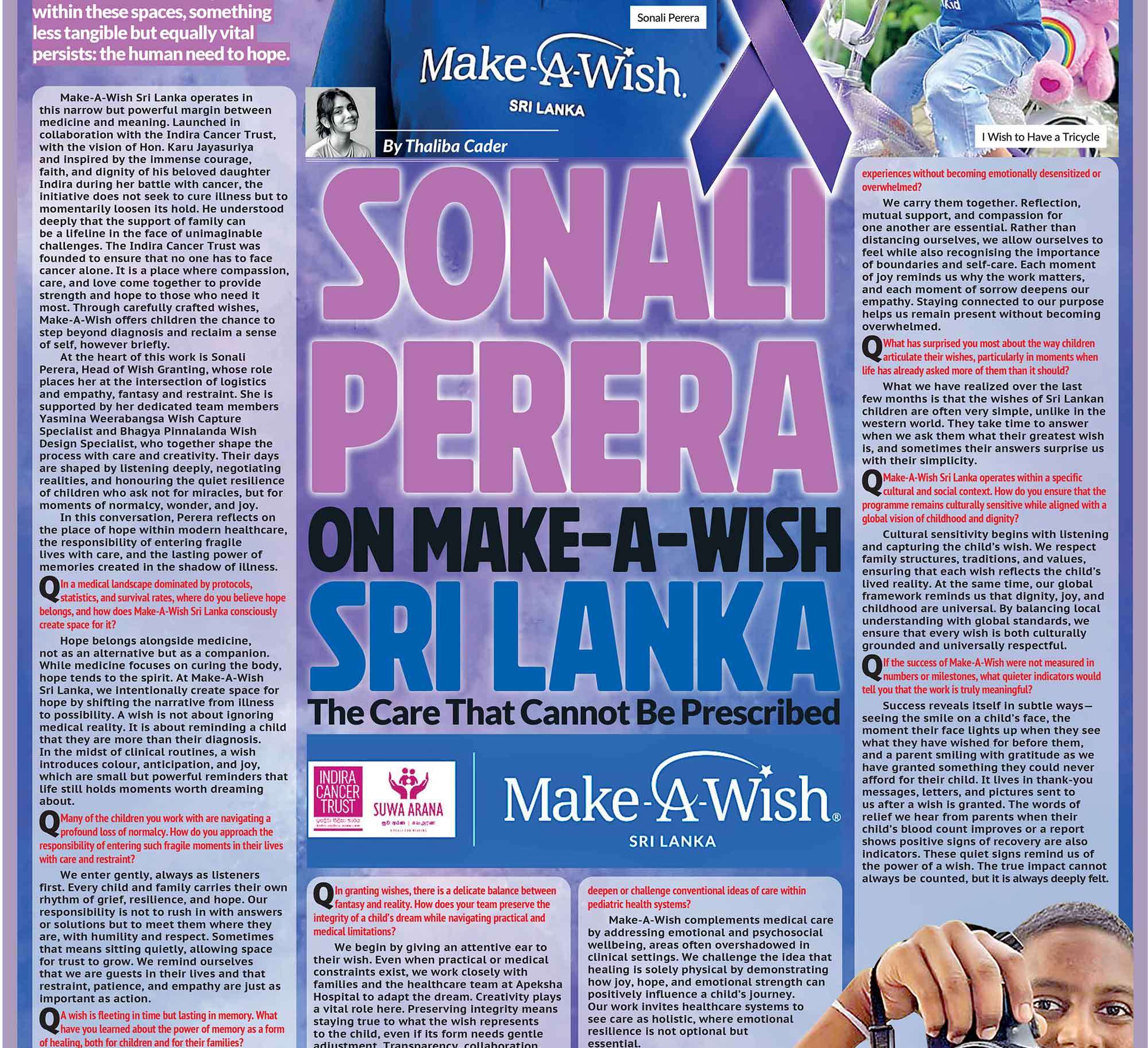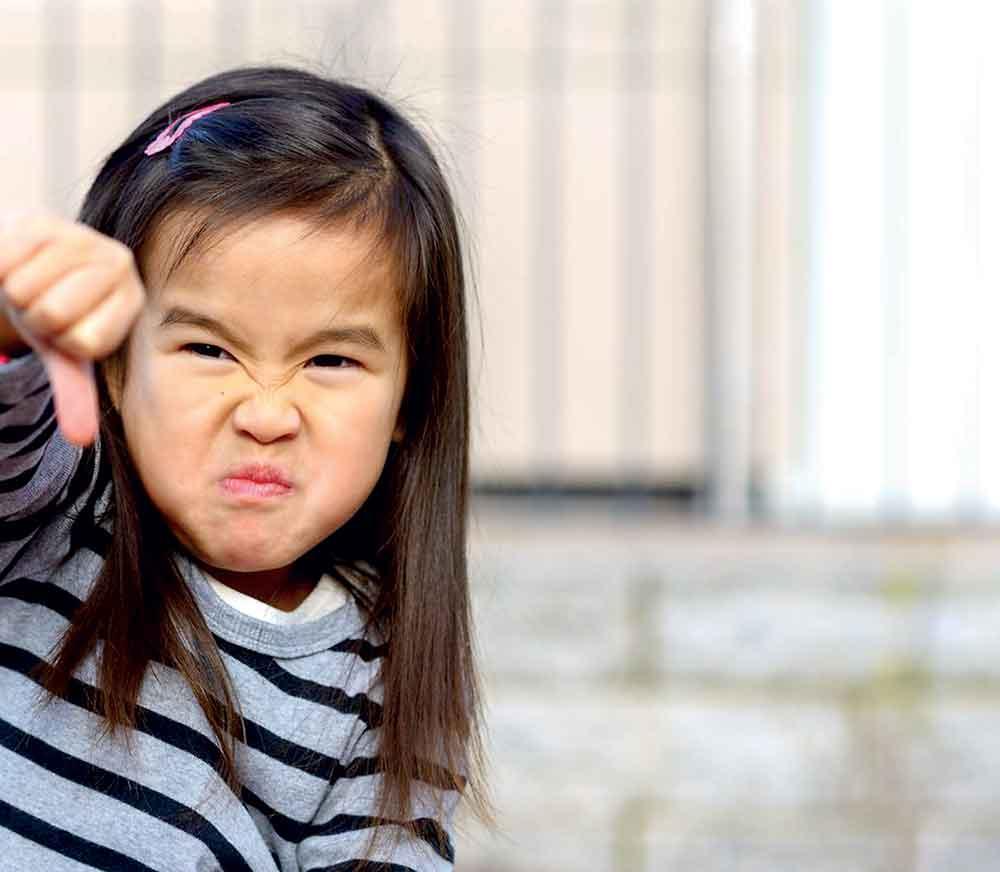
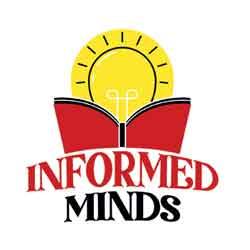 Revenge is a feeling we all know too well. It creeps in the moment we feel wronged, betrayed, or taken for granted. But why do we need revenge in the first place? Is it because things did not go our way? Because our kindness was mistaken for weakness? Or because, deep down, we are simply disappointed that reality did not meet the expectations we set for ourselves in the first place? The truth we must confront, however difficult it is to do so, is that sometimes the source of our anger is not the other person, but our own unspoken hopes. We expected fairness. We expected decency. And when “life” (often in the form of another human being!) falls short of that, we feel betrayed. But is the betrayal always someone else's fault? Or are we partly to blame for believing that everyone else would think and behave just as we taught ourselves and our children to?
Revenge is a feeling we all know too well. It creeps in the moment we feel wronged, betrayed, or taken for granted. But why do we need revenge in the first place? Is it because things did not go our way? Because our kindness was mistaken for weakness? Or because, deep down, we are simply disappointed that reality did not meet the expectations we set for ourselves in the first place? The truth we must confront, however difficult it is to do so, is that sometimes the source of our anger is not the other person, but our own unspoken hopes. We expected fairness. We expected decency. And when “life” (often in the form of another human being!) falls short of that, we feel betrayed. But is the betrayal always someone else's fault? Or are we partly to blame for believing that everyone else would think and behave just as we taught ourselves and our children to?
When Innocence Meets Manipulation
As parents, the pain is greater still when the hurt is not to ourselves, but to our children. We teach them to share freely, to be kind without limits, to look for the good in everyone. But then they go out into a world that does not play by the same rules. They encounter children who manipulate, who lie, who take without asking, not necessarily because they are “bad”, but perhaps because that is simply how they have learnt to survive, be it out of jealousy, lack, or conditioning. And when those children hurt ours, what do we do? We hold our own child close. We comfort them. We listen. But somewhere along the way, in our need to soothe them, we also say things like, “They’ll get what’s coming to them!” or “One day they’ll know what it feels like!” And just like that, we plant the seed of revenge in our child’s mind. Not because we are evil parents, but because we love them so much that we cannot bear their pain. And in that helplessness, we begin to wish for the other side to hurt too.
The Seed of Negativity
Revenge is not always about action. Sometimes it is a way of thinking. A desire. A silent curse. And the more we feed it, the more it grows. A child raised on such thoughts does not grow up to be strong; rather, they grow up bitter, suspicious and may be defensive.
And sometimes, they carry those revengeful thoughts for years, waiting for a chance to “teach someone a lesson” or “make them feel the same pain.” Sadly, having such a frame of mind is not strength. It is a burden. A wound that never closes because we keep reopening it, again and again, through memory, through gossip, through conversations that begin with “Do you remember what she did to you?”
Revenge is not always about action. Sometimes it is a way of thinking. A desire. A silent curse. And the more we feed it, the more it grows
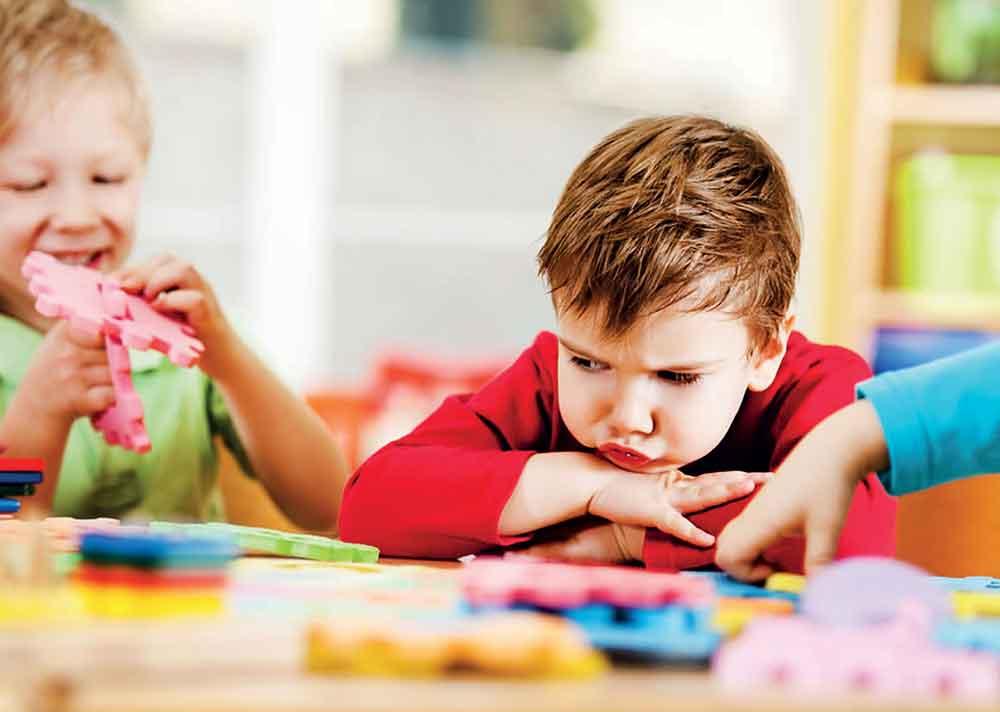
Turning the Other Cheek?
So, what’s the alternative? “Turn the other cheek”? Is that even realistic today? The mere thought of it feels weak and passive. And in a world that glorifies winners, nobody wants to be the one who walks away. For the “young at heart” who may recall Kenny Rogers’ old country song Coward of the County that emphasises that “sometimes you’ve gotta fight to be a man,” it may seem that strength lies in retaliation. But that idea of fighting back often confuses strength with ego. Sometimes, walking away is the greater act of strength, not because one is afraid, but because one chooses inner peace over pride. And walking away does not have to mean that one allows others to walk all over oneself. Wisdom teaches us to choose our company carefully, to protect our mental peace, and to set healthy boundaries. Forgiveness is not about forgetting. It is about choosing not to be poisoned by what happened.
Is Justice Ours to Give?
There comes a point when we must recognise that while karma is in our hands, justice is not. We can only control what we do. We cannot write the consequences of another’s actions. Should this concern us? No. Because the universe has a strange way of balancing itself. Those who do wrong often face their own undoing - not because we demanded it, but because negativity cannot thrive unchecked. And when we free ourselves from the desire for revenge, we are the ones who become lighter, calmer, and more in control. In fact, forgiveness may just be the best form of revenge. Why? Because it robs the offender of power. When we no longer react to their wrongs, when we no longer allow them to live rent-free in our heads, their influence over us dissolves. They are left with the weight of their own actions, and we move on with dignity.
So, What Must We Teach Our Children About Revenge?

We teach them that hurt is real and that feeling it is okay. But we also teach them that their worth is not determined by anyone else’s treatment of them. We teach them that justice is not always immediate, nor is it always visible. We teach them to be strong enough to walk away, wise enough to choose their battles, and courageous enough to be kind even when it is hard.
We remind them that there is no need to retaliate just to prove a point. That revenge does not heal. That bitterness will never make them whole. And that true power lies in living well, letting go, and continuing to do good even when others do not. In a world that is increasingly hard and cynical, raising children who are forgiving is not weakness. Rather, it is a radical act of strength.

